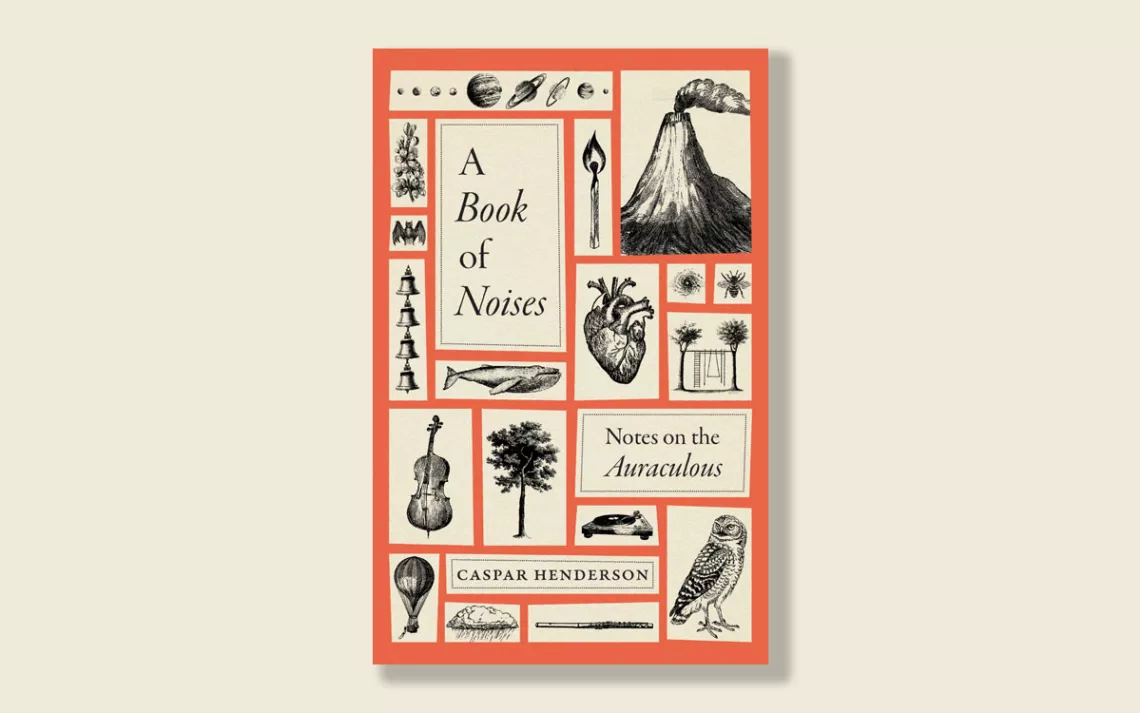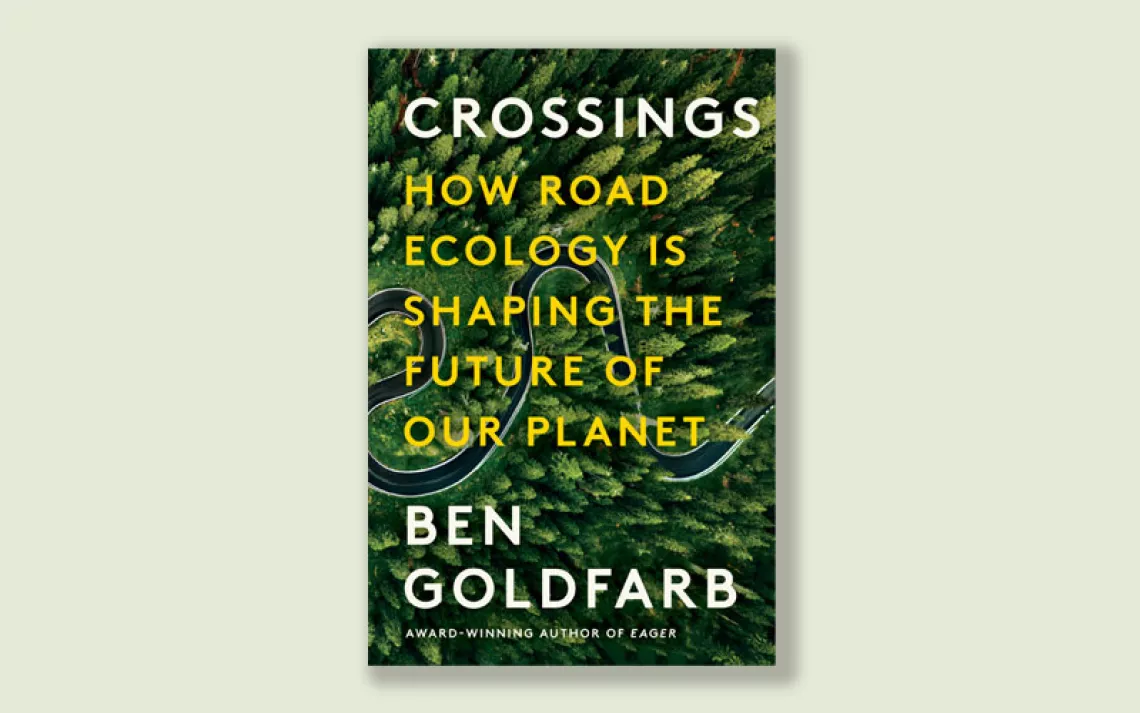The Awe-Inspiring Sounds of Earth
In "A Book of Noises," Caspar Henderson documents the planet's wondrous noises

Contemporary life is replete with intrusive sounds. Think of the roar of a jet engine slicing through a hike. It's such a problem that in the Hoh Rain Forest in Washington's Olympic National Park, researchers set up a sanctuary for silence to keep quiet some small sliver of our planet as the din closes in.
In A Book of Noises: Notes on the Auraculous (University of Chicago Press, 2023), journalist Caspar Henderson documents how our home on this planet has actually never been quiet, and why that's (mostly) awe inspiring. After the big bang, the universe was so dense that only sound, not light, could travel through it. These sound waves formed a sort of cosmic scaffold on which galaxies such as our own formed. We'd be nothing without sound.
Some of these wondrous noises have disappeared from Earth, such as the trombone-like call of the Parasaurolophus dinosaur, which researchers re-created after discovering its hollow noise-making bone. Others we lack the presence to hear. The aurora borealis emits crackles and bangs only as loud as a human whisper; tourists often miss these "because they are chatting or taking photos."
When it comes to human-made sounds, Henderson's tone shifts. He calls on us to pipe down, as the World Health Organization estimates that noise pollution costs humans a million "healthy life years." Urban birds have to essentially shout to hear one another, which researchers know takes extra energy and causes premature aging.
Reducing noise pollution is no easy task, but Henderson has some good news: "Unlike other forms of pollution, such as plastic, which are likely to contaminate soils and oceans for a long time to come even if humans stop dumping them now, noise pollution will disappear as soon as we stop making it."
 The Magazine of The Sierra Club
The Magazine of The Sierra Club







